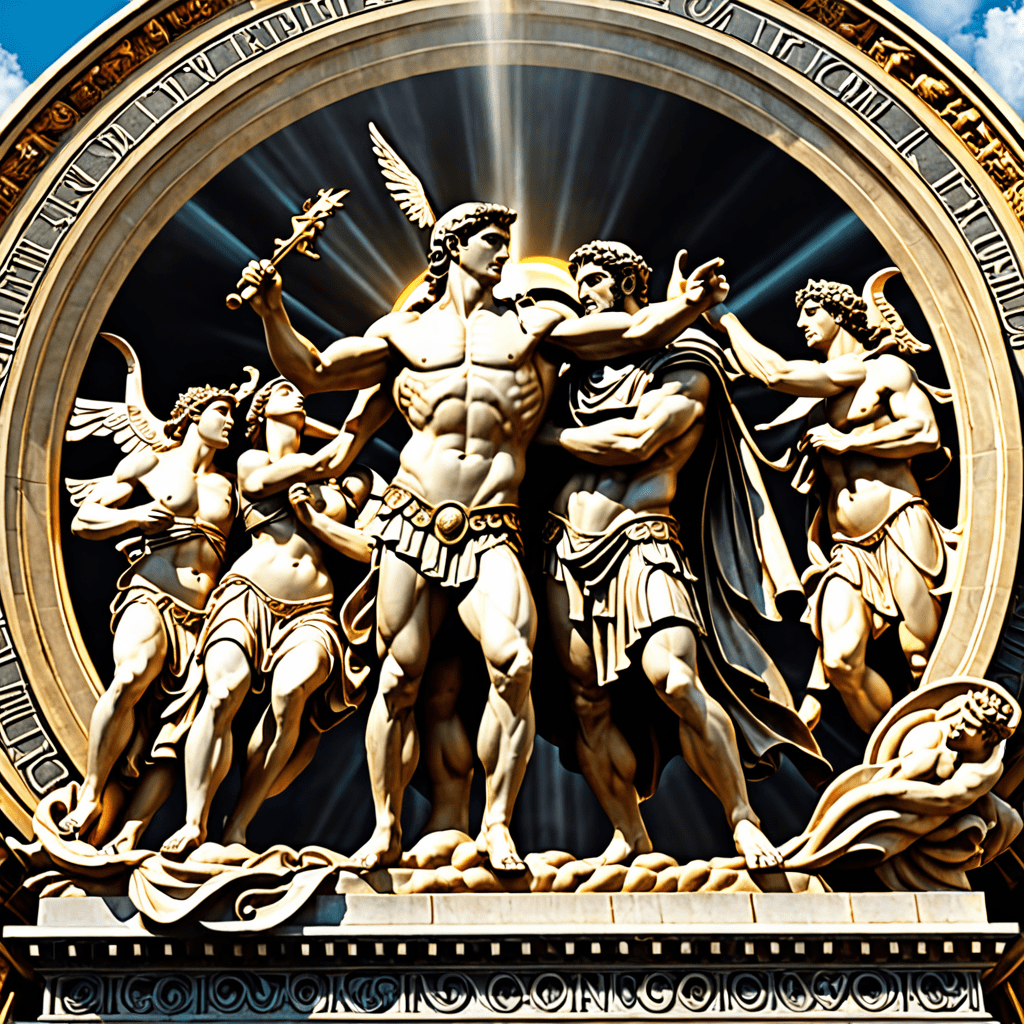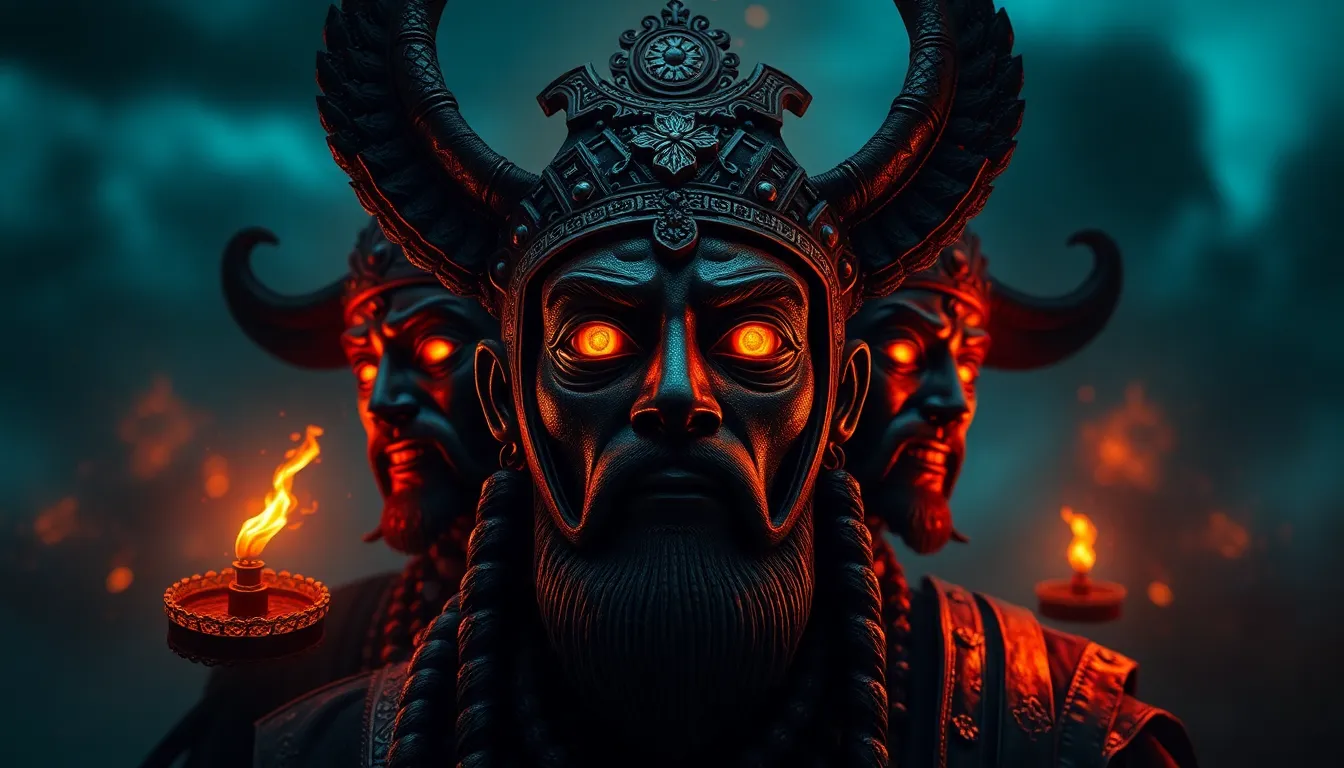The Quiet Guardians of Roman Harmony: Gods of Peace in Mythology
Roman mythology is rich with gods and goddesses embodying various aspects of life, including peace and harmony. In a world filled with tales of war and conquest, these deities symbolize the importance of balance, cooperation, and tranquility.
1. Pax – Goddess of Peace
In Roman mythology, Pax is the divine embodiment of peace. She is often depicted with olive branches, symbolizing peace and reconciliation. Pax is revered for her role in maintaining harmony and stability in the Roman Empire, fostering a sense of calm and unity among its people.
2. Eirene – Goddess of Peace and Spring
Eirene, also known as Irene, is the Greek goddess of peace who was later adopted into Roman mythology. She represents the peace that comes with the arrival of spring, a time of renewal and growth. Eirene’s presence signifies the aspiration for tranquility and the cessation of conflicts.
3. Concordia – Goddess of Harmony
Concordia is the Roman goddess of harmony and agreement. She is often depicted holding a cornucopia, symbolizing abundance and unity. Concordia’s role is to bring harmony and understanding among individuals, fostering peaceful resolutions and cooperation.
4. Bonus: Janus – God of Beginnings and Endings
While not solely a god of peace, Janus plays a unique role in Roman mythology as the deity of beginnings, transitions, and endings. His two-faced representation looks to the past and future, emphasizing the importance of balance and understanding history to create a peaceful future.
These gods and goddesses of peace in Roman mythology serve as reminders of the significance of tranquility and cooperation in society. Their stories offer insights into the values held dear by the ancient Romans and continue to inspire reflection on the importance of harmony in our lives.
FAQs About Roman Mythology: Gods of Peace and Harmony
Who are the Roman gods associated with peace and harmony?
Two prominent Roman gods associated with peace and harmony are Pax, the goddess of peace, and Concordia, the goddess of harmony.
What symbols are associated with these gods?
Pax is often depicted holding an olive branch, symbolizing peace, while Concordia is shown with a cornucopia, symbolizing abundance and harmony.
How were these gods worshipped in ancient Rome?
People in ancient Rome would offer prayers, sacrifices, and rituals to Pax and Concordia in times of discord to seek peace and harmony within the community and the empire.
Are there any myths or stories related to these gods?
While there are fewer myths specifically focusing on Pax and Concordia, they are often mentioned in stories where peace and harmony play vital roles, emphasizing their importance in Roman society.




